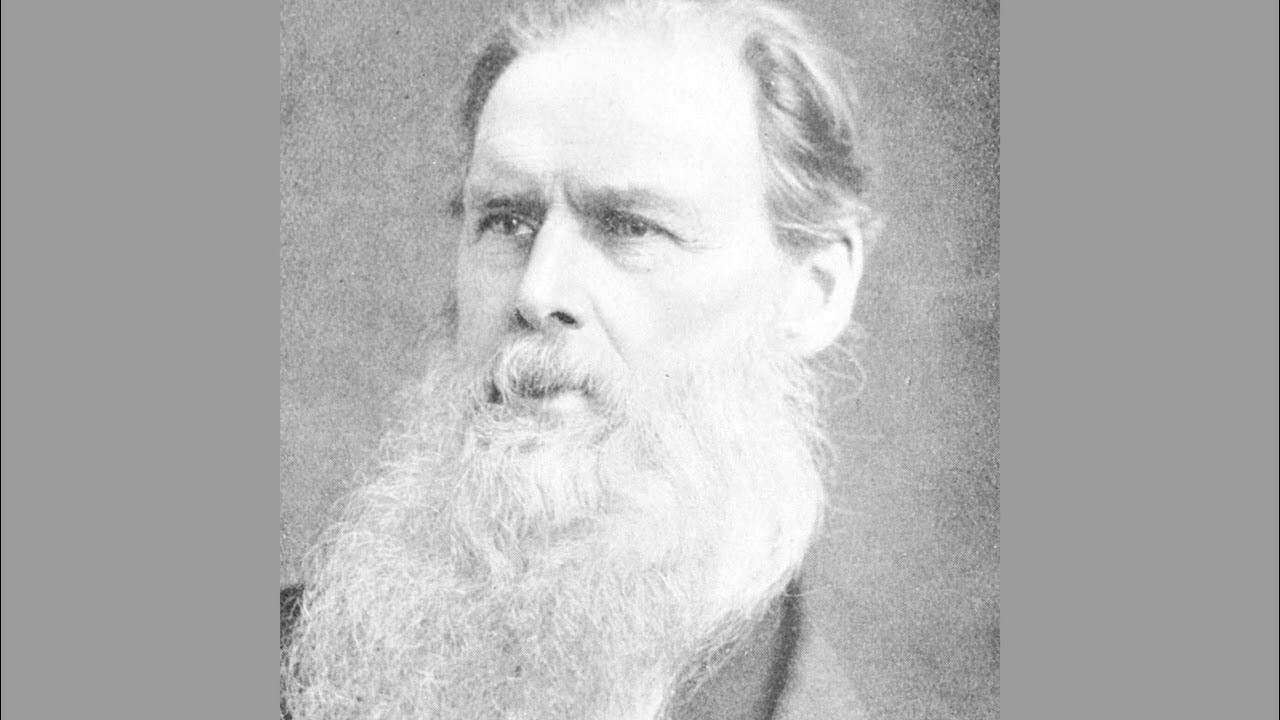Anthropote Ep0 : Une introduction à l'anthropologie
Summary
TLDRThis video introduces the field of anthropology, exploring its focus on the study of humanity through various lenses like culture, economics, politics, and religion. It traces anthropology's evolution from early explorers to modern-day ethnographers like Malinowski. The video emphasizes the role of culture as a central concept in understanding human diversity, and how anthropologists seek to uncover commonalities and differences across societies. By examining cultural practices, anthropologists aim to define universal aspects of humanity while acknowledging the unique development paths of different societies.
Takeaways
- 😀 Anthropology is the science of humans, studying all aspects of human life, including cultural, economic, political, and social dimensions.
- 😀 Early anthropologists viewed societies through an evolutionary lens, assuming all societies would evolve towards modernity in the same way.
- 😀 The concept of 'primitives' was central to early anthropology, with non-Western societies labeled as 'primitive' compared to Western society, which was considered the peak of evolution.
- 😀 The evolutionary approach in anthropology has been criticized for oversimplifying the development of societies, which do not all follow the same trajectory.
- 😀 Malinowski is recognized as the first anthropologist to conduct fieldwork, marking a shift from theoretical to empirical research in anthropology.
- 😀 Modern anthropologists focus on culture as a central concept, using it to understand the diversity of human societies.
- 😀 Culture encompasses all shared behaviors, beliefs, and practices in a society, such as eating habits, music, and traditions.
- 😀 Anthropologists inventory the cultural practices of societies to identify common themes and unique aspects of each culture.
- 😀 Despite the differences between societies, anthropologists look for universal human traits, often referred to as 'laws of humanity'.
- 😀 The video encourages viewers to discuss anthropology further, share the content, and engage with additional resources provided in the description.
Q & A
What does the term 'anthropology' mean?
-Anthropology is derived from two parts: 'anthropo' meaning human and 'logie' meaning science. It refers to the scientific study of humans in all their aspects—cultural, economic, political, social, and beyond.
What was the early anthropological perspective on the development of societies?
-Early anthropologists, influenced by evolutionism, viewed societies as evolving through similar stages, starting from primitive societies and progressing toward modernity, with Western society being seen as the pinnacle of development.
What is the anthropological concept of 'evolutionism'?
-Evolutionism in anthropology is the idea that all societies progress through a similar sequence of stages, from primitive to modern, with Western society being considered the most advanced.
Why was the concept of 'evolutionism' criticized in anthropology?
-Evolutionism was criticized because it oversimplified the development of societies and assumed all societies would follow the same path of progress, ignoring the diversity and complexity of different cultures.
Who is considered the first anthropologist to engage in fieldwork?
-Malinowski is often regarded as the first anthropologist to truly engage in fieldwork, stepping out of intellectual circles to immerse himself in studying societies directly.
What role does culture play in modern anthropology?
-Culture is central to modern anthropology as it serves as the key concept for understanding the shared practices, values, beliefs, and behaviors that bind individuals within a society.
How do anthropologists study culture?
-Anthropologists study culture by observing the behaviors, practices, and values of a society. They compile inventories of cultural products, such as food practices and social norms, to understand the underlying structure of that culture.
What does the phrase 'planting cabbages in our own way' mean in anthropology?
-The phrase 'planting cabbages in our own way' illustrates how different societies may have similar practices but perform them in unique ways, emphasizing cultural diversity.
What do anthropologists seek to find across different cultures?
-Anthropologists aim to find both commonalities and differences among cultures. By comparing various cultures, they look for 'invariants,' or universal elements, that might explain human behavior across societies.
What is an 'invariant' in anthropological studies?
-An 'invariant' refers to a universal or common element that can be found across various cultures. Identifying these invariants helps anthropologists understand fundamental aspects of human behavior.
Outlines

This section is available to paid users only. Please upgrade to access this part.
Upgrade NowMindmap

This section is available to paid users only. Please upgrade to access this part.
Upgrade NowKeywords

This section is available to paid users only. Please upgrade to access this part.
Upgrade NowHighlights

This section is available to paid users only. Please upgrade to access this part.
Upgrade NowTranscripts

This section is available to paid users only. Please upgrade to access this part.
Upgrade NowBrowse More Related Video

Edward Burnett Tylor - Anthropology, An Introduction to the Study of Man and Civilization (1881)

What Is Political Anthropology? Political Behavior, Maintaining Social Order, Political Science

UJAR PRODI ILMU KOMUNIKASI PENGANTAR ILMU ANTROPOLOGI PERTEMUAN 1 DEFINISI ANTROPOLOGI, RUANG LINGKU

O que é ANTROPOLOGIA? - Antropológica

Video Pembelajaran Pengantar Antropologi - SMA XI Bahasa

Anthropology - Meaning Scope and Development of Anthropology - Optional for UPSC / IAS Mains
5.0 / 5 (0 votes)